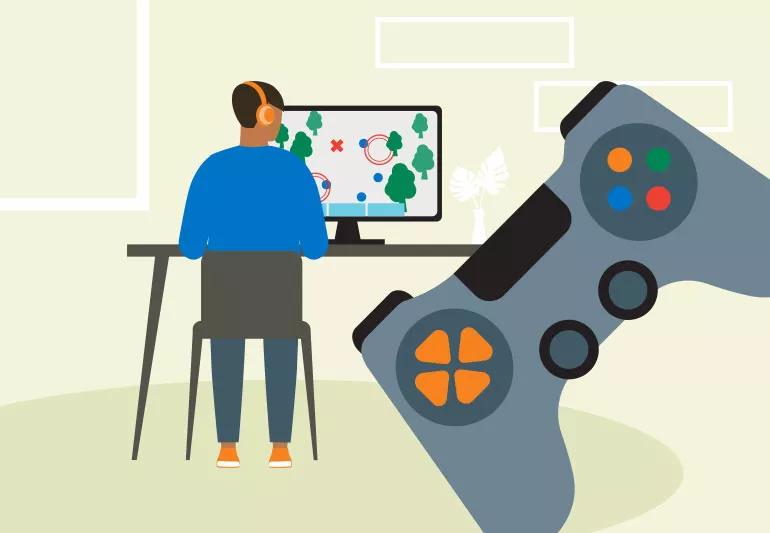Games have been an integral part of human culture for centuries, providing entertainment, socialization, and learning opportunities for people of all ages. From board games to video games, and from casual mobile apps to immersive virtual reality experiences, games have evolved significantly over the years, catering to diverse interests and preferences. In this article, we will explore the significance of games in our lives, highlighting their role in promoting fun and learning.
Games as a Source of Entertainment and Relaxation
Games offer a unique way to unwind and have fun, providing an escape from the stresses of everyday life. Whether it’s a quick puzzle game on a mobile device or a marathon gaming session with friends, 에볼루션바카라 have the power to engage and entertain us like no other medium. Research has shown that playing games can reduce stress levels, improve mood, and even alleviate symptoms of anxiety and depression. Moreover, games provide a platform for socializing, allowing players to connect with others who share similar interests and passions.
Learning through Games
Games are not just about entertainment; they also offer a wealth of learning opportunities. Educational games, in particular, are designed to teach various skills and subjects, such as math, science, history, and languages, in an engaging and interactive way. These games can be especially beneficial for children, who can develop problem-solving skills, critical thinking, and creativity through gameplay. Additionally, games can help children develop essential life skills, such as time management, teamwork, and communication. Many educational institutions and organizations are now incorporating games into their curricula, recognizing the value of game-based learning.
Cognitive Benefits of Games
Playing games can have a significant impact on cognitive development and improvement. Games that require problem-solving, strategy, and critical thinking can enhance cognitive skills, such as memory, attention, and processing speed. For example, puzzle games like Sudoku and crosswords can improve working memory and cognitive flexibility, while strategy games like chess and Starcraft can enhance problem-solving and decision-making skills. Furthermore, games can promote cognitive training and development in older adults, helping to prevent cognitive decline and age-related cognitive impairments.
Games and Emotional Intelligence
Games can also play a crucial role in developing emotional intelligence, which is essential for building strong relationships, achieving personal growth, and maintaining mental well-being. Games that involve role-playing, storytelling, and character development can help players develop empathy, self-awareness, and social skills. For instance, games like Minecraft and The Sims can encourage players to build and manage relationships, develop emotional regulation, and practice self-care. Moreover, games can provide a safe space for players to express and manage their emotions, helping to build emotional resilience and well-being.
The Future of Games and Learning
The future of games and learning looks promising, with emerging technologies like virtual and augmented reality, artificial intelligence, and machine learning set to revolutionize the gaming industry. These technologies will enable the creation of more immersive, interactive, and personalized learning experiences, making games an even more effective tool for education and training. Moreover, the rise of esports and competitive gaming has opened up new opportunities for gamers to develop skills, compete, and build careers in the gaming industry.
Conclusion
In conclusion, games are essential for both fun and learning, offering a unique combination of entertainment, socialization, and cognitive development. Whether it’s a casual mobile game or a complex virtual reality experience, games have the power to engage, educate, and inspire us. As the gaming industry continues to evolve, we can expect to see even more innovative and effective uses of games in education, training, and personal development. So, the next time you pick up a controller or launch a game on your device, remember that you’re not just having fun – you’re also learning and developing valuable skills that can benefit you throughout your life.
